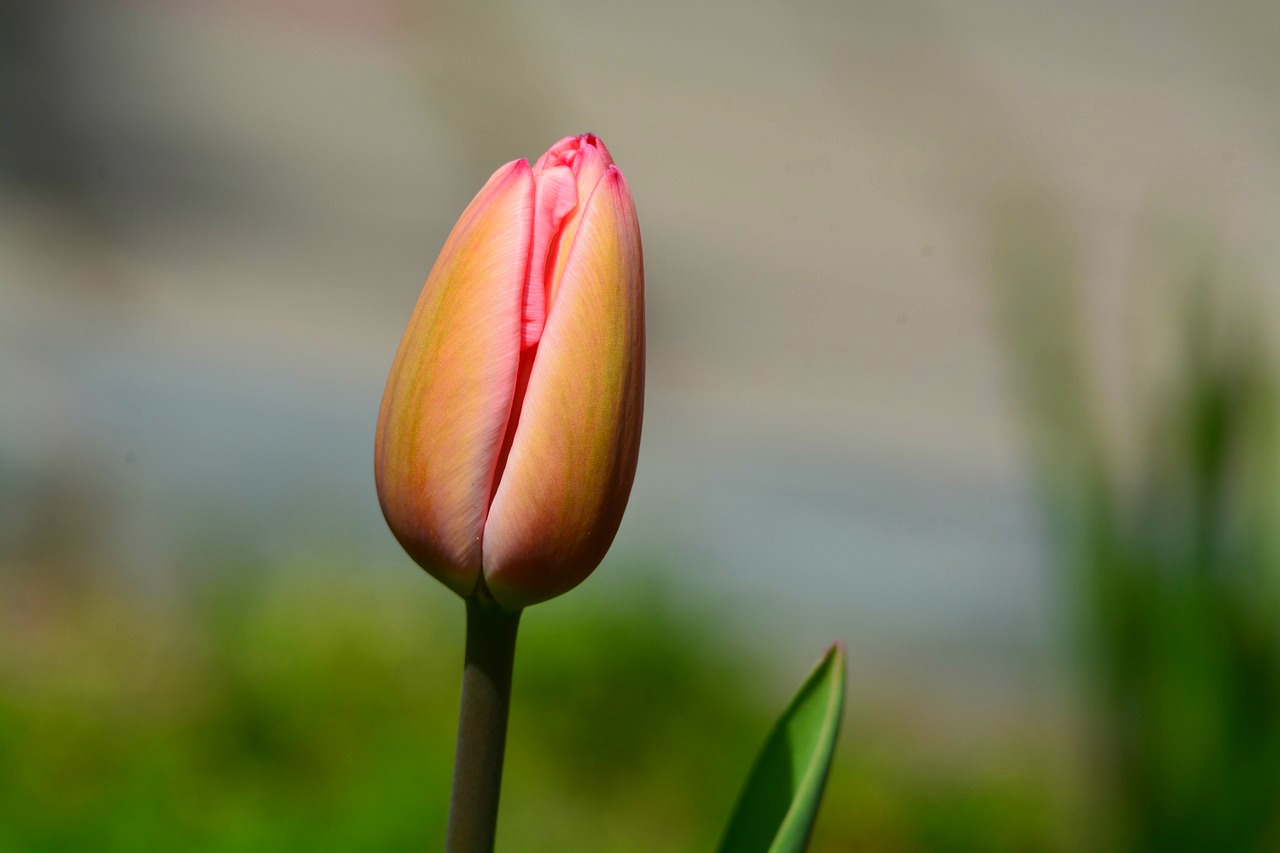I know what you’re thinking: isn’t this the woman who’s constantly talking about having goals? About following through and getting stuff done?
I am indeed. But I am also the woman who has learned that, sometimes, it’s best to take a breath before you get to work. There are moments when a little procrastination can be valuable.
I grew up in a military family, and as a result of that I internalized two values above all others:
- Show up on time.
- Do the things you’re supposed to do, whether you want to or not.
Those are values that have served me pretty well throughout my life–but they’re also values that have led to some needless stress and worry.
Ever noticed that some people in your workplace actually don’t show up on time for meetings? Ever noticed that the world doesn’t stop spinning because of this?
I’m certainly not advocating for tardiness. Truth be told, I’m pretty much incapable of showing up late for anything, barring unforeseen circumstances. And showing up ten minutes late for everything, every day, probably isn’t a sustainable strategy. But I do think it’s a good idea to give yourself a little breathing room whenever you can.
Enter: procrastination.
For many years, I thought of procrastination as the flashing neon sign of irresponsibility. When I was assigned a task, I got it done right away. But then I realized that the people who waited until the last minute were also getting things done, just as I was. We were really no different.
More importantly, I realized that getting my work done early didn’t mean I’d made a better effort than those people who’d waited until a deadline loomed. In fact, I often found myself wishing I’d used a little more of the time I had available. And as a professor, I often find myself wishing a student who turned in their work early would have taken more time to polish and refine. The early bird often looks a little careless, truth be known.
And procrastination actually has some pretty terrific benefits. For instance:
It forces you to become extremely productive.
If you’re looking for reasons not to get something done, you will stuff your to-do list with other projects. It’s quite likely those things also need to be done–and now, they’re actually going to get your attention. Thanks, procrastination!
It helps you focus.
Once you’ve done all those things on your list, you have no excuse not to get to work on the only thing that’s left.
It allows for creativity.
One thing I’ve learned from being a writer is that even when I’m not sitting in front of the computer, my mind is working. Sometimes I’ll have a moment of clarity about a character or plot point when I’m in the middle of working in the yard, or shopping for groceries. Your subconscious mind is always trying to work things out; procrastination allows room for that process to take place.
It reduces stress.
For years, I thought the opposite was true: that putting things off would just stress me out as my To Do list grew longer and longer. But when I started thinking about that list in terms of what really needed to be done, it usually turned out to be pretty manageable. Procrastination can sometimes help you end your day knowing that nothing has to be done right now. That’s a great feeling.
It opens the door for passive resolution.
Given enough time, some problems solve themselves. If you’re dealing with a really difficult situation–like setting up a meeting that you know will be contentious–a little procrastination gives all parties the time to cool down. When cooler heads prevail, the nature of the problem changes. Sometimes, it disappears altogether.
It reveals your priorities.
If there’s something on your To Do list that keeps being pushed to the bottom–something that isn’t time sensitive and, therefore, never gets done–it’s possible this simply isn’t a task you care about. And if that’s the case, then why is it on your list? Procrastination gives you a chance to decide what’s really important, but it also gives you the chance to see what’s not. Even if you don’t have the option of choosing not to complete a task, at least you’ll complete it knowing that the outcome doesn’t matter all that much.
There are times when procrastination just isn’t feasible–large and complicated projects, for example, require sustained thought and effort. Waiting until the last minute to start on projects of this sort is almost never a good idea. But try to think of procrastination as having patience with yourself. Remember that your best ideas aren’t always the first ones that float to the surface. Given just a little time and space to operate, your genius may come shining through.





No Comments